
ESA Tipsheet for March 4,5, 2019
Upcoming research in Frontiers in Ecology and the Environment

Upcoming research in Frontiers in Ecology and the Environment
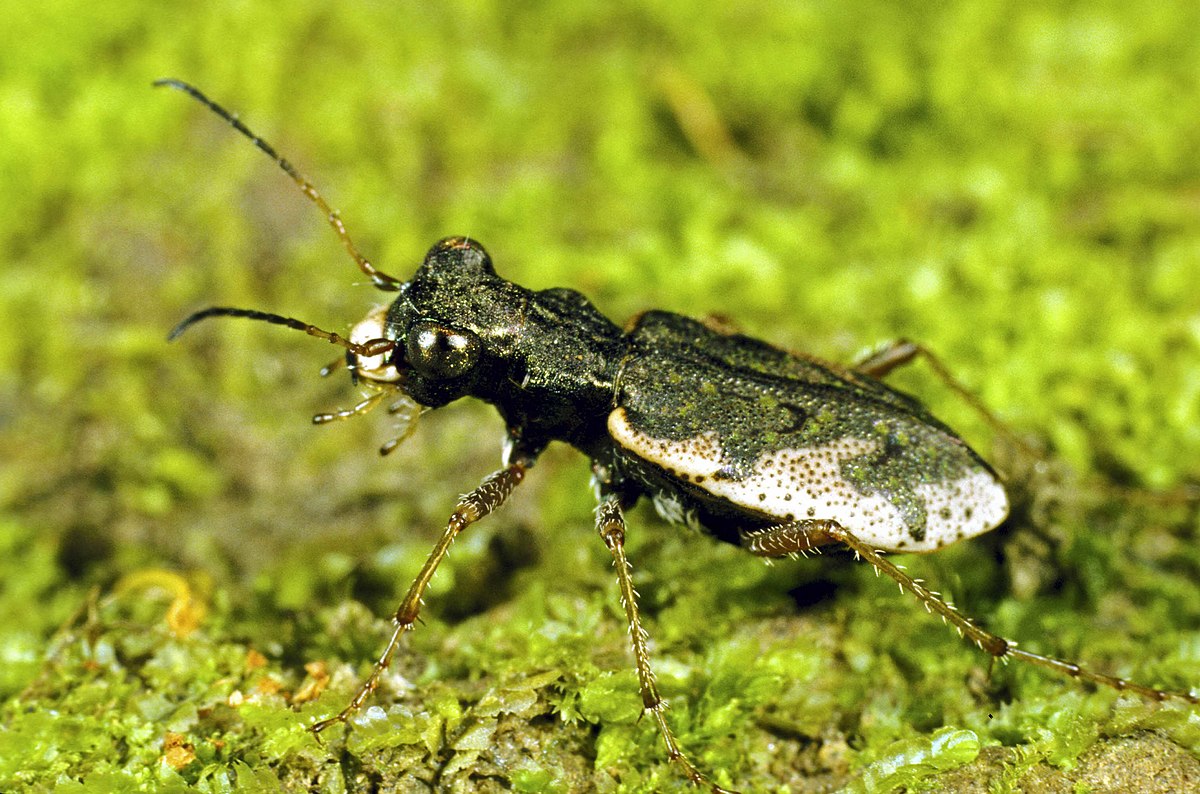
Researchers on a remote New Zealand island combine traditional field methods with DNA sequencing to estimate invertebrate biodiversity
By UC Santa Cruz 2/13/2019 Sara Gonzalez, a Ph.D. student in ecology and evolutionary biology at UC Santa Cruz, is among the recipients of the Katherine S. McCarter Graduate Student Policy Awards from the Ecological Society of America (ESA). This award provides graduate students with the opportunity to receive policy and communication training in Washington, D.C., and meet with lawmakers….
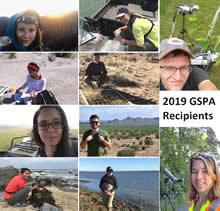
Read more about each award winner and view photos on ESA’s Ecotone blog February 13, 2019 For Immediate Release Contact: Alison Mize, gro.asenull@nosila, (202) 833-8773 ext. 205 The Ecological Society of America (ESA) is honored to announce this year’s Katherine S. McCarter Graduate Student Policy Award (GSPA) recipients. This award provides graduate students with the opportunity to receive…
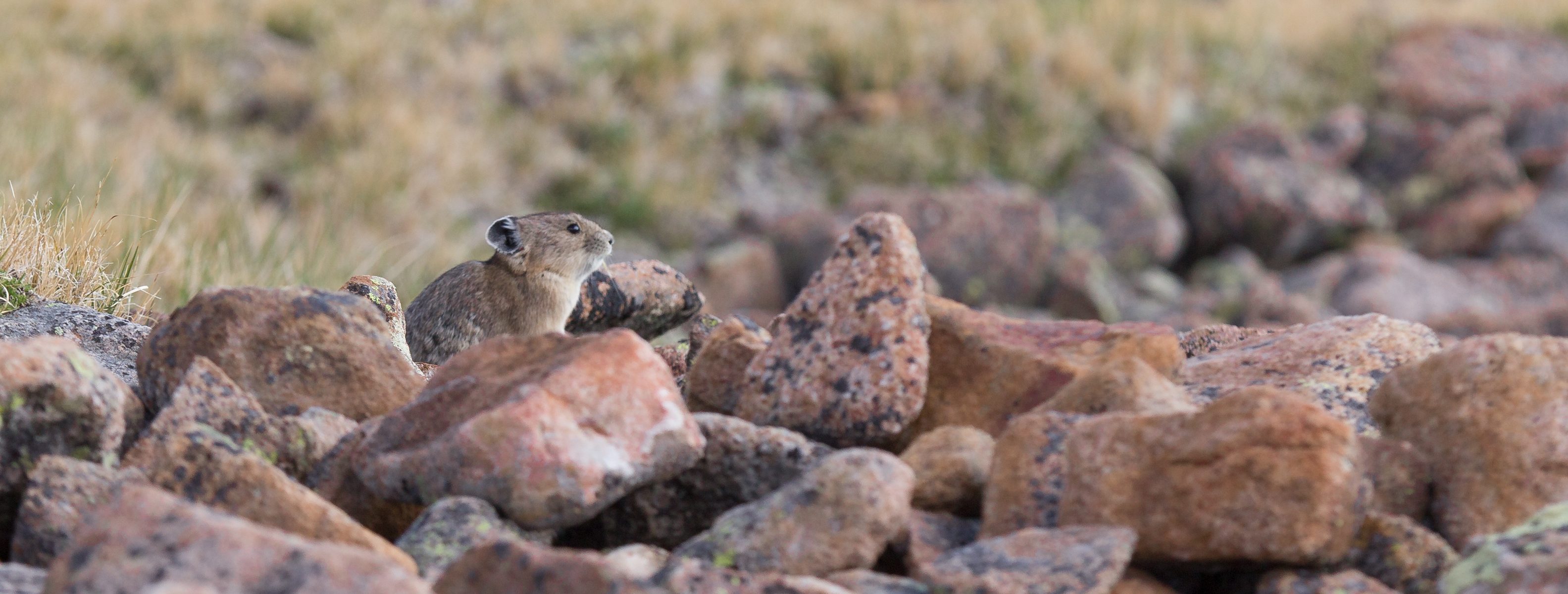
In the Pacific Northwest, dry air interacts with low snow conditions to affect pika abundances at different elevations February 4, 2019 For Immediate Release Contact: Zoe Gentes, 202-833-8773 ext. 211, gro.asenull@setnegz Although it has been ranked as the cutest creature in US National Parks, the American pika is tough, at home in loose alpine rocks in windswept mountain…
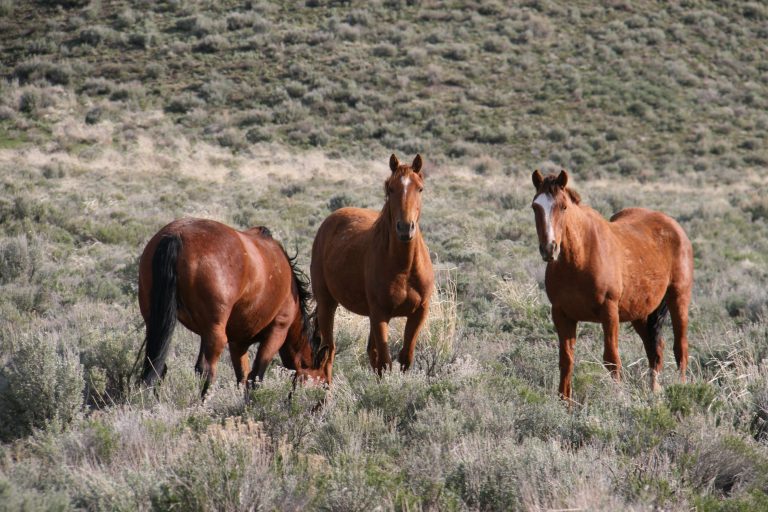
Researchers say mismatches of scale between social and ecological systems are a key contributor to many conflicts involving introduced-species management February 4, 2019 For Immediate Release Contact: Zoe Gentes, 202-833-8773 ext. 211, gro.asenull@setnegz Introduced and invasive species can present big problems, particularly when those species are charismatic, finds a recently published paper in the Ecological Society of America’s…
By Simon Fraser University 1/25/2019 A species of frog endemic to the Pacific Northwest faces a 50 per cent increase in the probability of extinction by the 2080s due to climate change, according to a new study published by SFU researchers. The mountain-dwelling Cascades frog thrives in extreme climatic conditions, ranging from dozens of feet of snow in winter to…
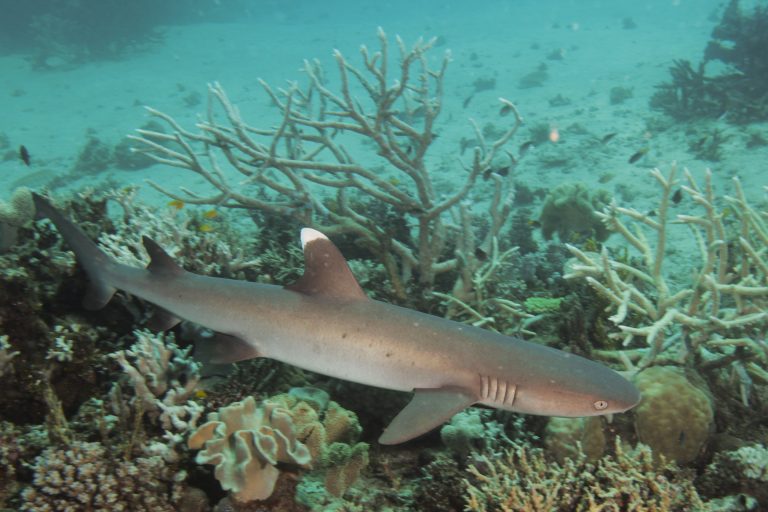
Upcoming research in Frontiers in Ecology and the Environment Wednesday, 30 Jan 2019 For Immediate Release Contact: Zoe Gentes, 202-833-8773 ext. 211, gro.asenull@setnegz Get a sneak peek into these new scientific papers, publishing on January 31, 2019 in the Ecological Society of America’s journal Frontiers in Ecology and the Environment. Parks for sharks are most successful when humans…
By Swansea University Prifysgol Abertawe 1/23/2019 A new study of Tasmanian devils has revealed that a transmissible cancer which has devastated devil populations in recent years is unlikely to cause extinction of the iconic species. New research led by Dr Konstans Wells from Swansea University has revealed that it is more likely that the disease will fade-out or that the devils will coexist…
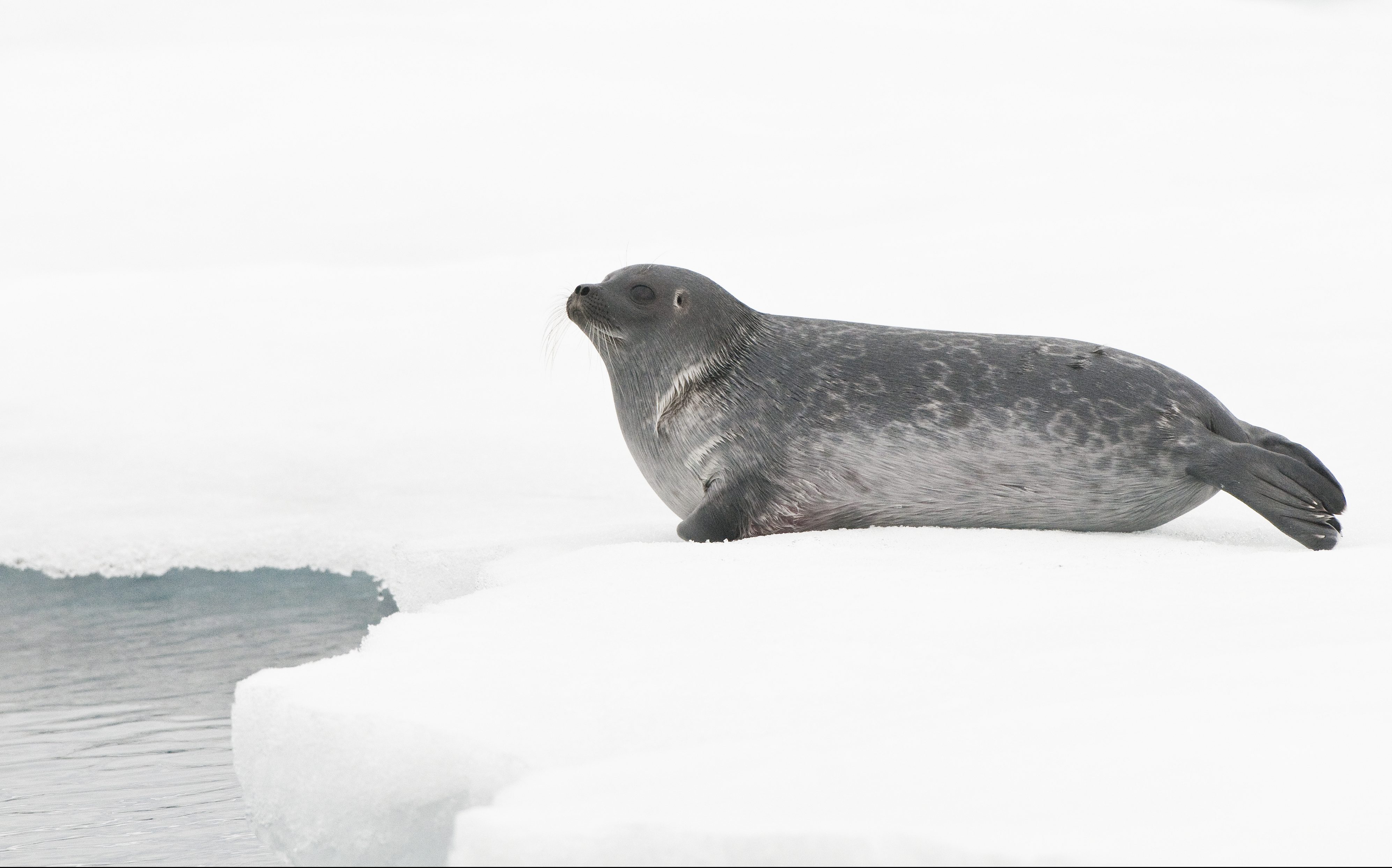
New mathematical model shows dramatic decreases in ringed seal populations due to projected low snow conditions January 23, 2019 For Immediate Release Contact: Zoe Gentes, 202-833-8773 ext. 211, gro.asenull@setnegz Arctic sea ice is now declining at a rate of 12.8 percent per decade – 2012 had the lowest amount of summer ice on record. The drastic change has…
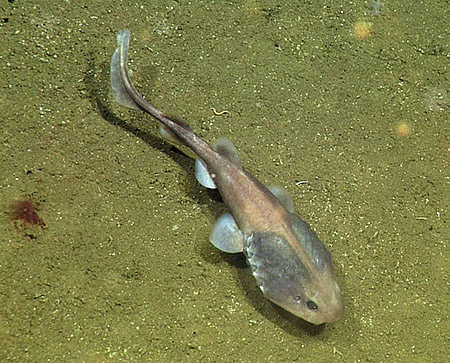
By MBARI 1/17/2019 Oxygen—it’s a basic necessity for animal life. But marine biologists recently discovered large numbers of fishes living in the dark depths of the Gulf of California where there is virtually no oxygen. Using an underwater robot, the scientists observed these fishes thriving in low-oxygen conditions that would be deadly to most other fish. This discovery could help…
By University of Wisconsin-Madison 1/17/2019 The fires in Yellowstone National Park began to burn in June 1988. A natural feature of the landscape, park managers expected the fires to fizzle out by July, when rains historically drenched the forests and valleys of the world’s first national park. But the rains never came. Unusually hot, dry and windy that year, more fires…
By University of Tokyo 1/16/2019 Whale sharks, the world’s largest fish, likely endure periods of starvation and may eat more plants than previously thought, according to the first results of a new health check developed at the University of Tokyo. Ocean scientists now have a powerful, simple tool to discover the diets, migrations, and conservation needs of this endangered species….
By Michigan State University 1/11/2019 A team of scientists from Michigan State University (MSU) and the University of Wisconsin analyzed 30 years of data for 365 lakes in the northeastern and Midwestern U.S. to test whether changes in temperature and precipitation affect water clarity, which measures the cloudiness of the water. The group’s work is featured in a paper in…
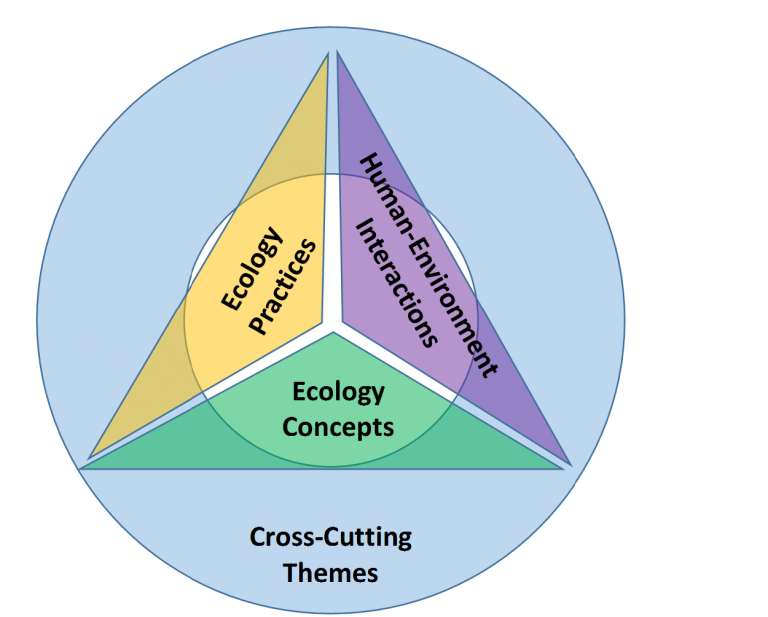
January 14, 2018 For Immediate Release Contacts: Teresa Mourad, 202-833-8775, gro.asenull@aseret Alison Mize, 202-833-8773, gro.asenull@nosila The Ecological Society of America announces a Society-endorsed undergraduate education framework, termed the Four-Dimensional Ecology Education (4DEE) framework. The 4DEE framework positions ESA as a leader in educational programming and/or professional development, provides opportunities to expand membership and partnerships, and can serve as a…
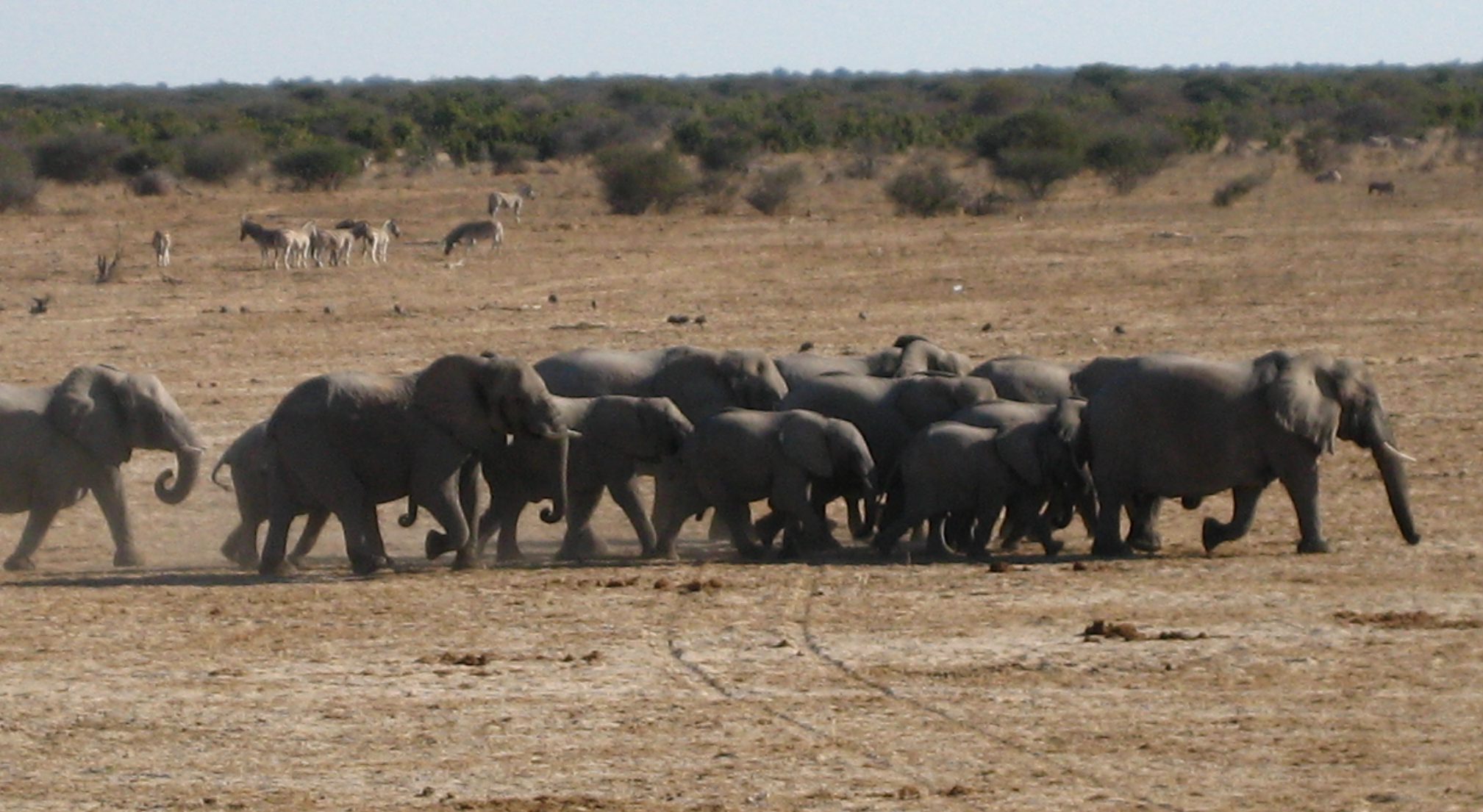
In a national park, researchers study African elephant movement and vegetation using satellites January 9, 2018 For Immediate Release Contact: Zoe Gentes, 202-833-8773 ext. 211, gro.asenull@setnegz An elephant never forgets. This seems to be the case, at least, for elephants roaming about Namibia, looking for food, fresh water, and other resources. The relationship between resource availability and wildlife movement…
By University of Washington 1/2/2019 Like most of their stout-bodied, flippered kin, Magellanic penguins spend much of their lives in the ocean. From late autumn through winter and into spring in the Southern Hemisphere, these South American penguins swim off the coast of southern Brazil, Uruguay and northern Argentina in search of anchovies, sardines and squid. But as spring turns…
By University of Wisconsin-Madison 1/3/2019 In the United States, some ranchers worry about wolf attacks on their livestock as the native predator is reintroduced to more areas. But for Chilean livestock owners, wolves are not the potential threat. Pumas are. As in the U.S., researchers in Chile are trying to develop non-lethal ways to deter predator attacks and reduce the…
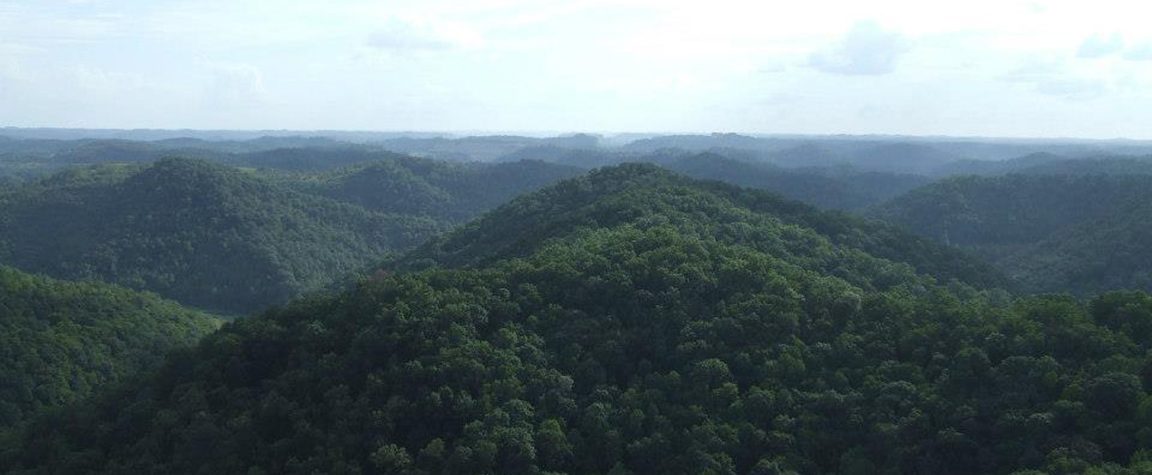
Mining operations in Appalachia permanently alter habitat availability for rattlesnakes January 3, 2018 For Immediate Release Contact: Zoe Gentes, 202-833-8773 ext. 211, gro.asenull@setnegz On the Cumberland Plateau in eastern Kentucky, surface coal mining is destroying ridgelines and mountaintops, and along with them, the habitat of a surprisingly gentle reptile species – the timber rattlesnake. “Timber rattlesnakes may be…

Upcoming research in Frontiers in Ecology and the Environment December 28, 2018 For immediate release Contact: Zoe Gentes, 202-833-8773 ext. 211, gro.asenull@setnegz Get a sneak peek into these new scientific papers, publishing on January 3, 2019 in the Ecological Society of America’s journal Frontiers in Ecology and the Environment. Flashing lights can protect alpaca and llama herds from…